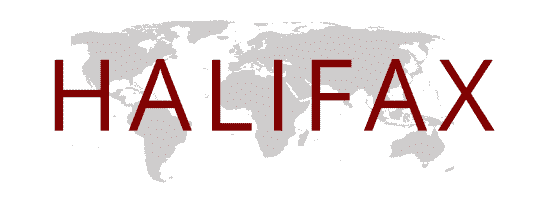Professional Bulgarian Translation Services
Halifax provides professional Bulgarian translation services.
Translation of documents, certified Bulgarian translation, Bulgarian interpreter, simultaneous or consecutive – all language services. We translate into Bulgarian and we translate Bulgarian to English, Chinese, French, German, Spanish, Russian, Croatian, Albanian and many other languages.
Bulgarian is spoken by a surprising number of people. Though the population of Bulgaria is given as just under 7 million today, there is a large diaspora. Some 300,000 Bulgarians live in Spain alone, and Bulgarian has been an official language in the State of Illinois since 2005.
Comprehensive Bulgarian language services
We offer full professional Bulgarian translation services including:
- Bulgarian document translation
- Certified professional Bulgarian translation
- Revision, editing or proofreading of Bulgarian documents
- Bulgarian document conversion
- Bulgarian interpreting
- Video translation & transcription from and to Bulgarian
Our professional Bulgarian translation services are the most cost-effective you will find (read about translation rates here).
The Bulgarian language – our translator’s viewpoint
We asked one of our translators, an Bulgarian translation professional, to tell us something about her language. She studied it at university and has worked with it professionally for 22 years. Here is what she told us.
What challenges do you face when you translate or interpret Bulgarian?
I work with professional Bulgarian translation every day. The challenges I face are those of any translator, but I could perhaps highlight the occasions when I have to work with similar Slavic languages. Bulgarian differs from most Slavic languages in the following:
- the infinitive form has been lost
- an ‘indirective’ has been developed
- conjugations are further developed
- a form of active participle has been developed which reflects on the syntactic assembly and the formation of syntagma
Since Bulgarian is a South Slavic language and that there is a great similarity in vocabulary between these languages, the main problem is synonyms that often lead to confusion (e.g. stoka in Bulgarian means goods, in Serbian, livestock).
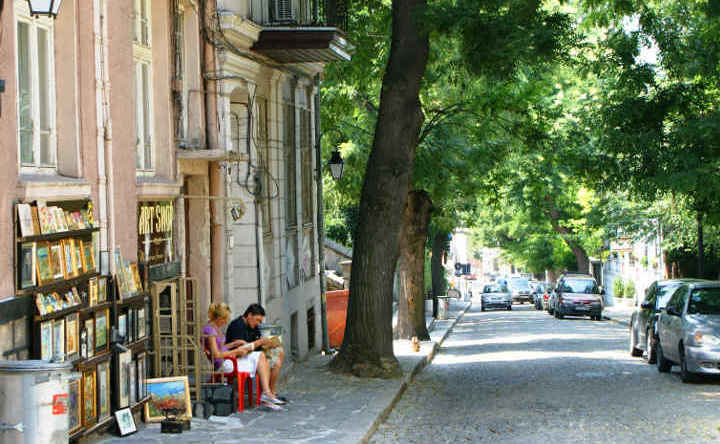
How did the Bulgarian language arise, and develop?
Bulgarian is an Indo-European language from the group of South Slavic languages. According to history, Bulgarian was the first Slavonic language to be written. In Slavic studies, Bulgarian has the longest and richest history. Its development is characterized by four main periods.
– The pre-Slavonic language, including the period when Slavs settled the Balkans from the 5th to the 7th century, and the mission of Cyril and Methodius to the Great Moravia region in the 960s.
– Old Bulgarian (Old Slavonic) – covers the period from the 9th to the 11th century. This was the period of acceptance of Slavonic as the official language also in Bulgaria, until the end of the First Bulgarian Empire in 1018. According to some linguists, the beginning of the Old Bulgarian language is related to the creation of the first Slavonic alphabet (Glagolitic) in 863. It is a period when Bulgaria became the centre of Slovenian culture and literature and when the oldest Glagolitic and Cyrillic Old Bulgarian documents were written.
– The Middle Bulgarian period lasts from the 12th to the 14th century. This is a time between the restoration of the Second Bulgarian Empire and annexation by the Ottomans. The language of the Second Bulgarian Empire is based on a mixture and development of Serbian, Russian, Moldovan Vlach, and assumes the nature of a common Slavonic literary language.
– New Bulgarian develops from the 15th century to the present. The oldest written documents in the new Bulgarian language are compendia of church writings from the 17th and 18th centuries. Upon the liberation of Bulgaria from the Turks in 1878, the Bulgarian language was declared the official language of the country on 11 September 1878 by a circular letter from the Russian occupation administration. It was then decided, and it remains to this day, that the official Bulgarian language is based on the north-eastern dialect, because the largest cities in the country of Veliko Trnovo, Stara Zagora, Shumen, Ruse, Gabrovo and Plovdiv spoke similarly though differently from the western part of the country.
What is known as the ‘Jat border’ is the division of the Bulgarian dialects into western and eastern, depending on whether the vowel called ‘Jat’, ѣ, has a sound like â (eastern) or e (western). This made a distinction between literary language and western speech.
There are three main periods in the development of Bulgarian literary language:
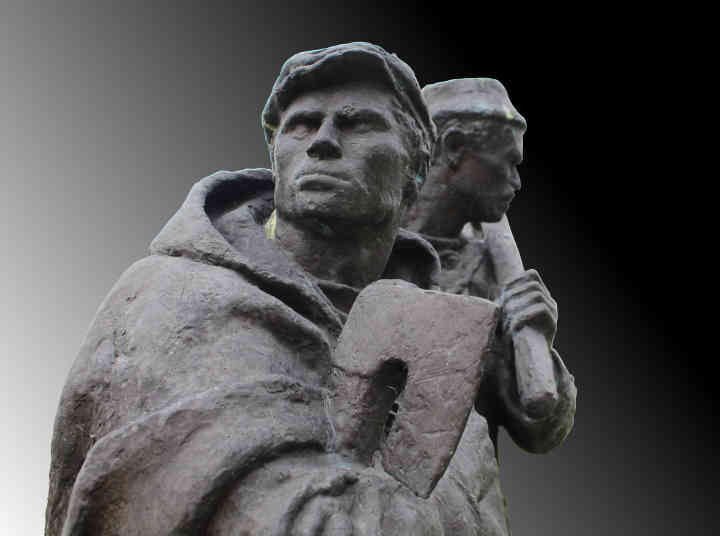
– From the beginning of the 19th century to the liberation of Bulgaria from Ottoman rule
– The period after the liberation when Bulgarian undergoes several spelling reforms
– 9 September 1944 until the present.
Bulgarian script is Cyrillic. According to Bulgarian linguistics, in addition to the basic standard used in Bulgaria, there is also a Macedonian standard that uses Cyrillic and a Banat norm (the language of Banat Bulgarians) that uses Latin script.
The modern Bulgarian language is based on the north-eastern dialect, which from its birth belongs to the main representatives of Bulgarian literature of the 19th century, but also uses the eastern and western dialects, with their northern and southern sub-dialects.
The last reform of the Bulgarian language was in 1945. Since 2007, Bulgaria has been a member of the European Union and Bulgaria has become one of its official languages.
There are various ideas about how many people in the world speak Bulgarian. It is most often said that Bulgarian is spoken as mother tongue by as many as 6.8 million people, although it is also possible to find the numbers 11 and as many as 15 million, most of whom live in Bulgaria, but also in the neighbouring countries of the Balkan Peninsula and Asia Minor. In smaller groups, Bulgarian is spoken in Greece, Ukraine, Turkey, Romania and Serbia, and by about 5 million emigrant Bulgarians worldwide.
Bulgarian is recognized as a minority language in Serbia, in the municipalities of Dimitrovgrad, Bosilegrad, Babusnica and Surdulica. According to the 2008 U.S. Census Data, 57,016 people in the USA speak Bulgarian. Since 2005, Bulgarian has been an official language in the State of Illinois. As a result of large-scale migration, Spain has recently become a destination for Bulgarians: according to recent data, about 300,000 live there.
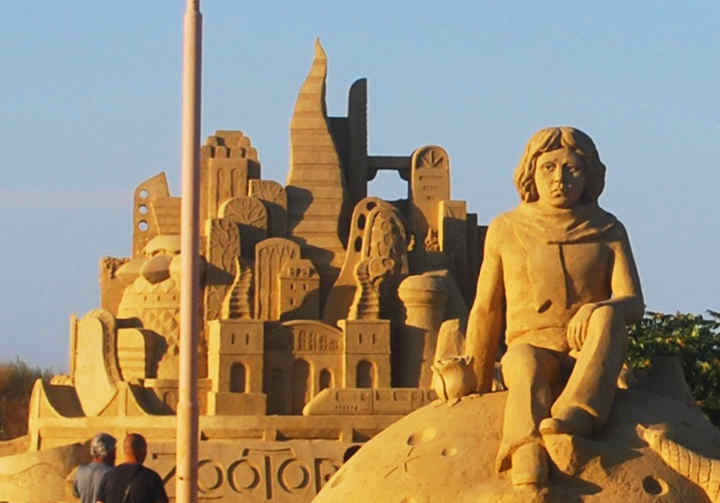
What else can you tell us about Bulgarian?
The body language of Bulgarians in terms of confirmation and renunciation of the nod is contrary to the body language of many other Europeans. Bulgarians nod their heads up and down when they want to say no, and left and right when they say yes.
In Bulgaria, Macedonian is considered one of the varieties of Bulgarian.
The Russian phonetic variant of the Middle Bulgarian language from the epoch of the Second Bulgarian State and to this day is the language of Orthodox church services and in many Slavic countries is the common church language.
And for those interested in linguistics:
- The aorist and imperfect are preserved and intensively used.
- In the modern language, when vowels are not stressed, they are slightly reduced, “a”, “e” and “o” pronounced in the “i” and “u” directions. In front of the vowels “e” and “i” the consonants are slightly palatalized.
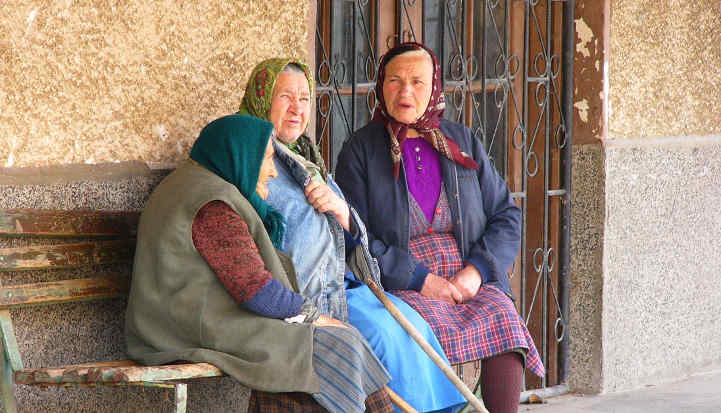
- The article (post positive article) is an essential feature of the Bulgarian language. The article goes with nouns, adjectives, adjectival pronouns and numbers and indicates their specificity in the statement.
- Declension is simplified, and the case is expressed with the help of prepositions, especially with nouns.
Oh, and by the way, Bulgaria is the only country in Europe that has not changed its name since it was founded in the year 681.
Bulgaria
Bulgaria is one of Europe’s least-known countries, but one of those most worth knowing. Best known nowadays for its excellent ski slopes, it also has some of the most beautiful, unspoilt nature in the old continent. Some third of its territory is covered by forest.
If you are unfamiliar with Bulgaria but would like to know more about it, try Lonely Planet

